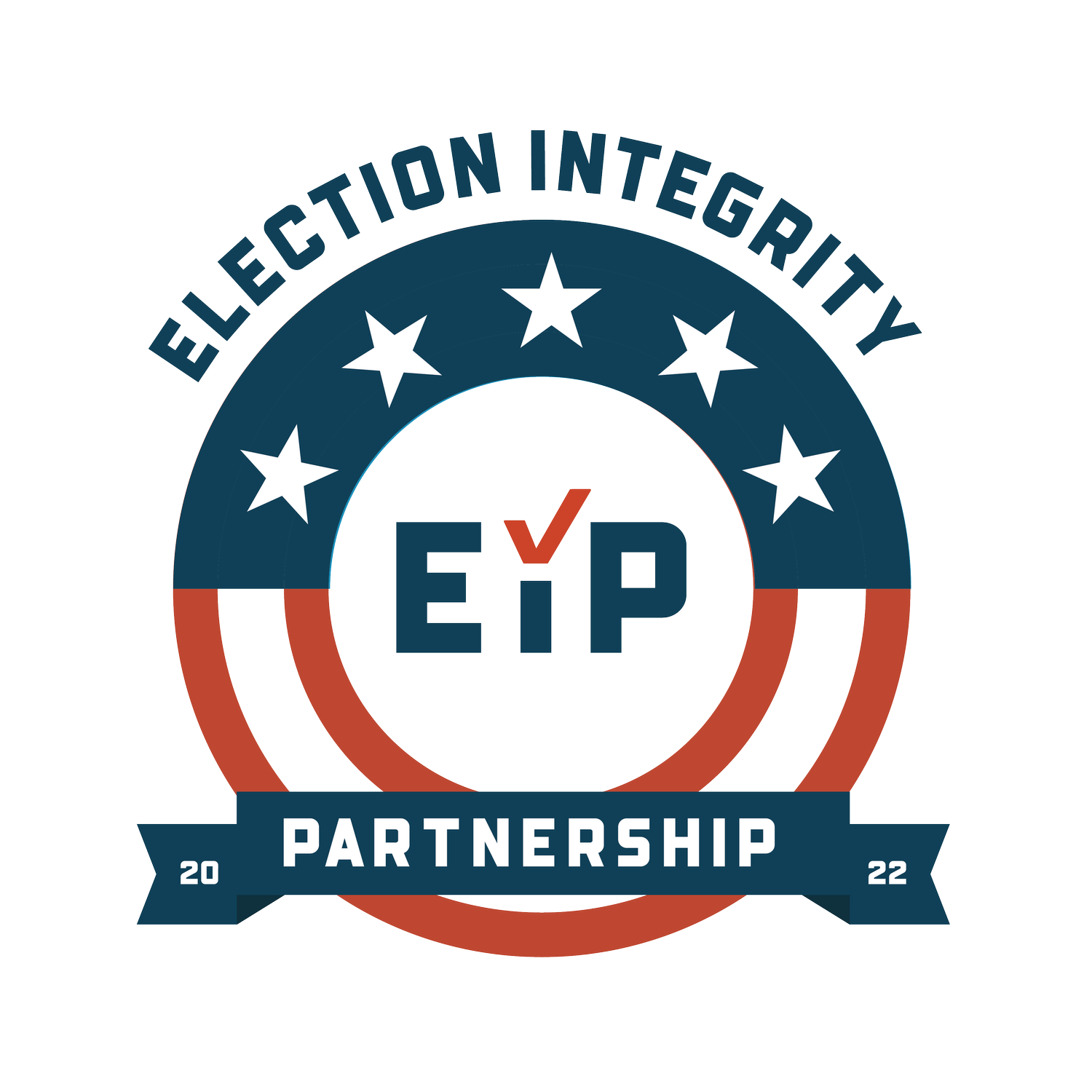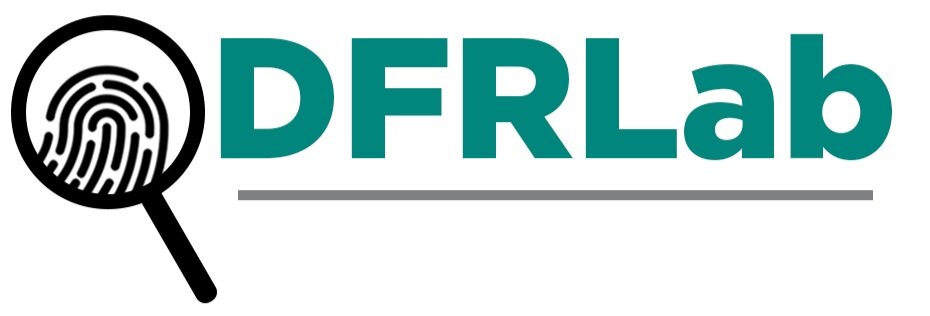The 2020 Election Integrity Partnership
The Election Integrity Partnership (EIP) was formed in July 2020 as a coalition of research entities focused on supporting real-time information exchange between the research community, election officials, government agencies, civil society organizations, and social media platforms.
Our objective was to detect and mitigate the impact of attempts to prevent or deter people from voting or to delegitimize election results. In March 2021 we published our final report. This page displays an archive of the work carried out by the EIP and its partners during the 2020 U.S. election.
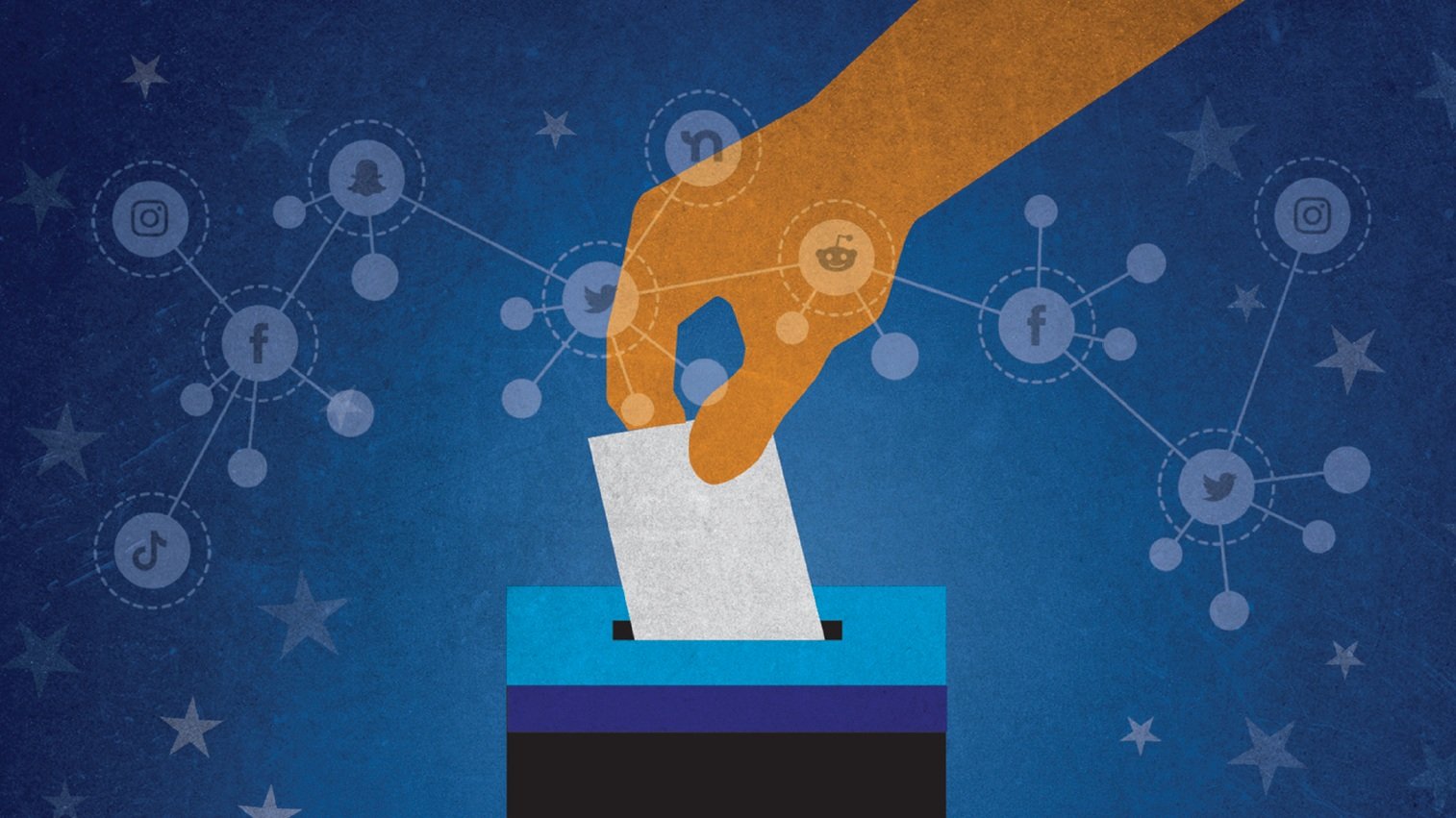
The Final Report.
The Long Fuse: Misinformation and the 2020 Election.
Blog archive.
Blog posts and publications during the 2020 election cycle.
filter by…


Vote Data Patterns used to Delegitimize the Election Results
Attempts delegitimize the election have widened to involve the use of misleading numbers and data. One of the more sophisticated examples of this strategy spreading online involves citation of “Benford’s Law”.

Media Largely Frames Trump’s Victory Declaration as False in Headlines
The way the media frames misinformation plays a role in how the public interprets, remembers and ultimately believes the information. After President Donald Trump claimed victory during a press conference early this morning, media outlets faced the challenge of how to report it.



EIP on Election Day
The Election Integrity Partnership will share updates on our monitoring and analysis throughout Election Day on November 3rd.

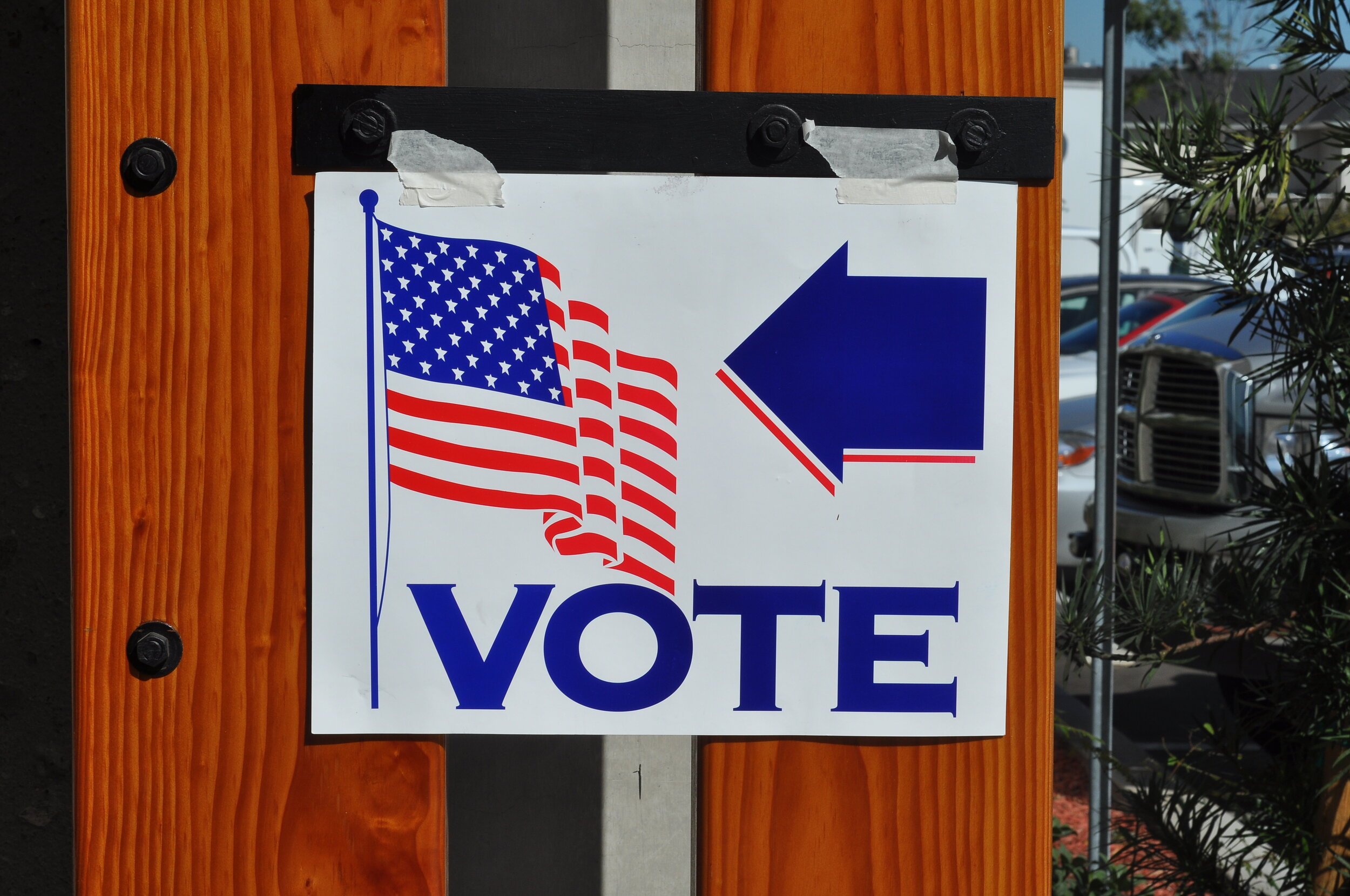

Repeat Offenders: Voting Misinformation on Twitter in the 2020 United States Election
We look back at the set of misleading stories the EIP reviewed to identify which Twitter accounts consistently share false or misleading content about the upcoming election, and from where these accounts source this misleading information, and identified 43 cases. Across our dataset relating to these 43 incidents, more than 50% of all retweets can be traced back to “original” tweets from only 35 users (out of over 600K users in our dataset). We document how these users engaged in reframing, and decontextualization to spread misinformation.

Evaluating Platform Election-Related Speech Policies
With under three weeks to go until November 4, EIP has updated its social media platform policy analysis post to account for substantial changes made by the platforms in the past 2 months. Since first publishing this post in August 2020, we have seen constructive policy updates from Facebook (Instagram), Twitter, Pinterest, TikTok and Nextdoor. We evaluate these new policies against our 4 categories of election integrity. We’ve also updated the post to test these policies against scenarios of potential confrontations at polling stations, which represent difficult scenarios platforms may face in real time.

Seeking To Help and Doing Harm: The Case of Well-Intentioned Misinformation
We have identified several instances of apparently well-meaning but misleading content, which typically takes the form of flawed public-service announcements or calls to action. Such content that seeks to help but does harm is best characterized as well-intentioned misinformation: false or misleading information which — if it were not false — would be spread toward constructive ends. This post is motivated by the idea that by describing prototypical cases of well-intentioned misinformation, and by outlining best practices to contain its spread, we might reduce the threat it poses to the upcoming election.
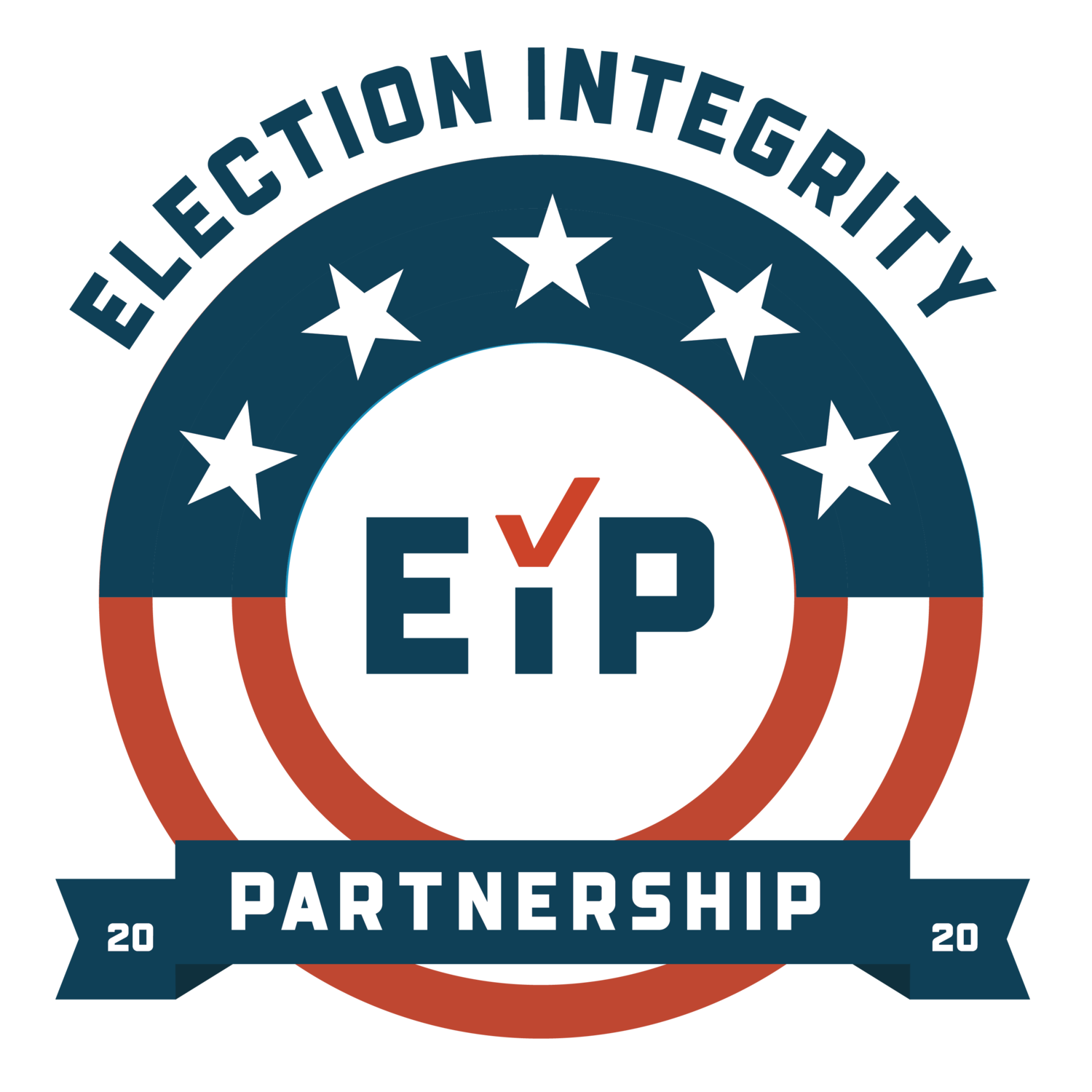
EIP Weekly Update: Oct. 27
On 8:00am PT October 13th, representatives from the Election Integrity Partnership (EIP) hosted the first of weekly public webinars to brief the public on the topics and trends of online election misinformation during this election season.

The Ballot Harvesting Trope
Ballot collecting, or ballot harvesting as it is more adversarily known, is legal either with or without restrictions in 26 states. The practice in its simplest form allows a designated agent to deliver an absentee or vote-by-mail ballot on behalf of a voter. Proponents say it increases voter turnout by limiting the barriers to vote. Opponents say it can enable bad actors to change or destroy ballots. In the past month, EIP has received and analyzed numerous reports related to ballot harvesting. Some contained no falsifiable claims and were therefore unactionable under our procedures. Others had already received widespread coverage from media outlets. We see this complex topic as a repeated narrative leading up to the election.

“Friend of a Friend” Stories as a Vehicle for Misinformation
When it comes to electoral misinformation stories heard from “a friend of a friend” can be dangerous vectors for spread. We find viral spread of these types of post and inconsistent platform policy responses.
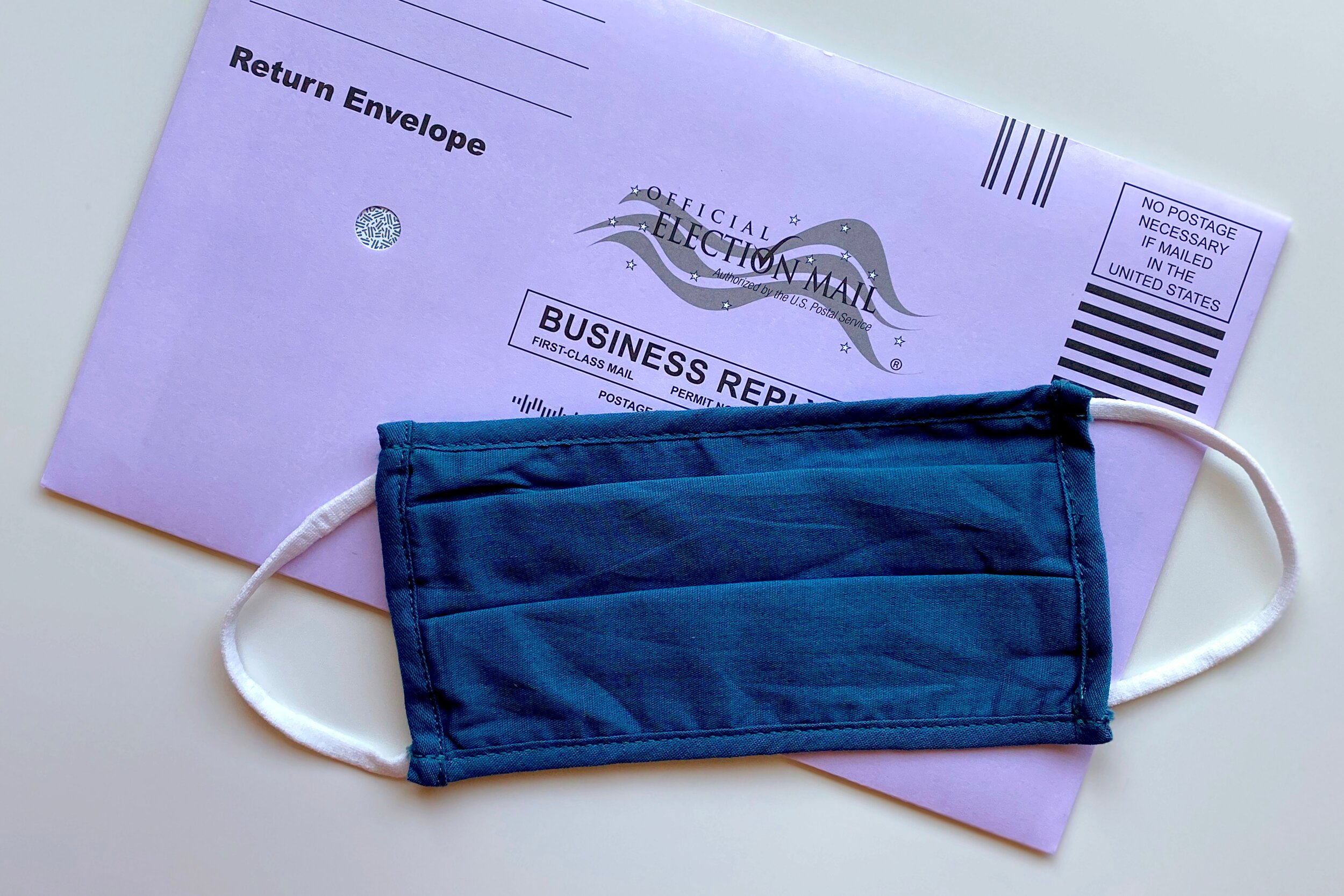
Uncertainty and Misinformation: What to Expect on Election Night and Days After
Democracy depends on trust in elections; that trust is under attack. We explore different examples of false narratives that we are likely to see during these different periods — a chaotic Election Day, an uncertain election night, and during a predicted “Blue Wave” (or alternatively a “Red Wave”) shift in ballot counts. We also provide some suggestions for how we (as members of the public and public communicators) might want to approach the emergence of certain misleading narratives, in terms of pre-bunking, debunking, or coveraging them as they spread.

Analysis of Wednesday’s foreign election interference announcement
This week has seen a flurry of activity related to potential voter suppression, starting with the sending of threatening emails, purportedly from the Proud Boys, to voters in several states; the release of a video purporting to show the hacking of voter registration databases; and finally the attribution of this activity to the Islamic Republic of Iran by the United States government.


Narratives Targeting Electronic Voting Machines
As Americans begin to vote in person, we are seeing attacks emerge targeting the integrity of electronic voting machines. This narrative is not new in the 2020 cycle, in 2016 and 2018 it was weaponized by both foreign and domestic bad actors. In this post, we dive into three of these key narratives.

EIP Weekly Update: Oct. 20
On 8:00am PT October 13th, representatives from the Election Integrity Partnership (EIP) hosted the first of weekly public webinars to brief the public on the topics and trends of online election misinformation during this election season.

False voting claims spread via websites and Facebook ads
Two websites, Plain Truth Now (plaintruthnow.org) and Civil Rights International (civilrightsinternational.org), appear to be connected to each other. Both websites post a mix of content about Nigerian and US politics, and have cross-posted the same content, including a post with false claims about fraudulent voting.
